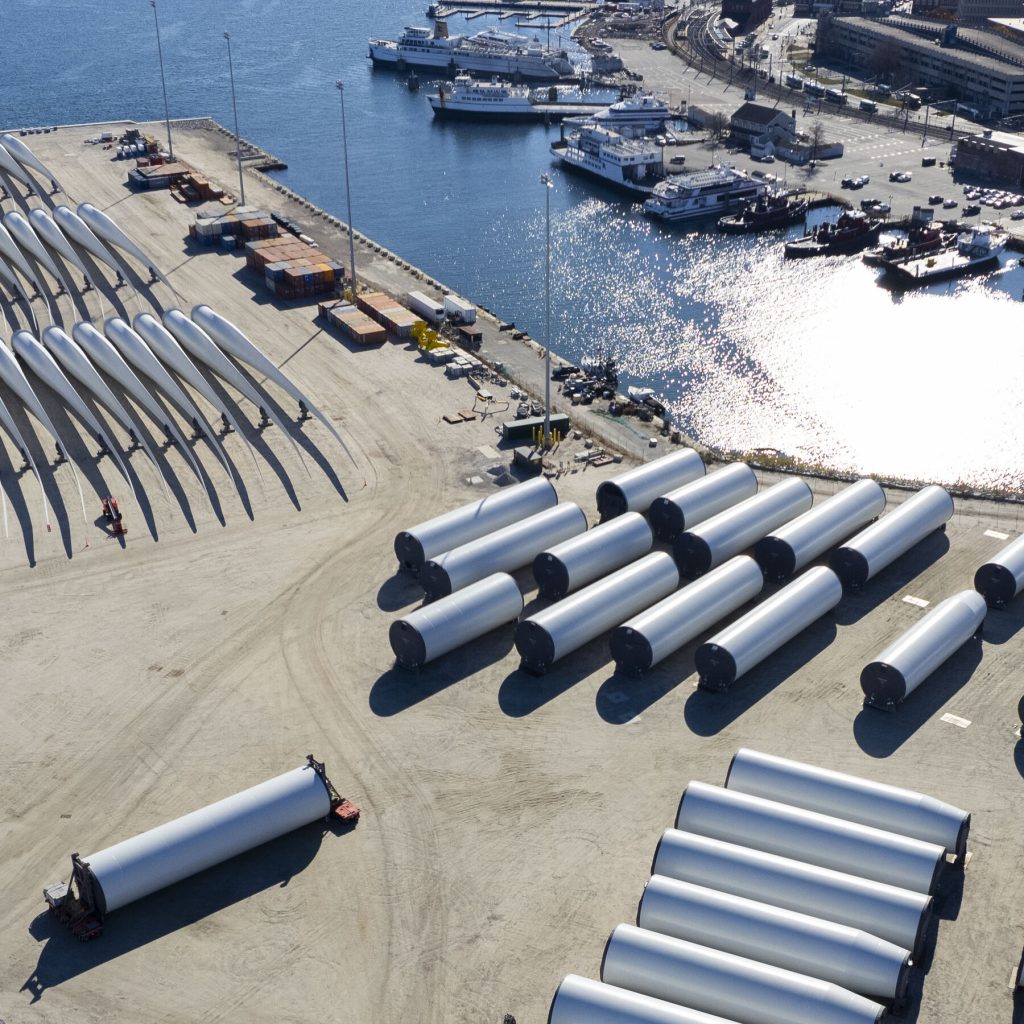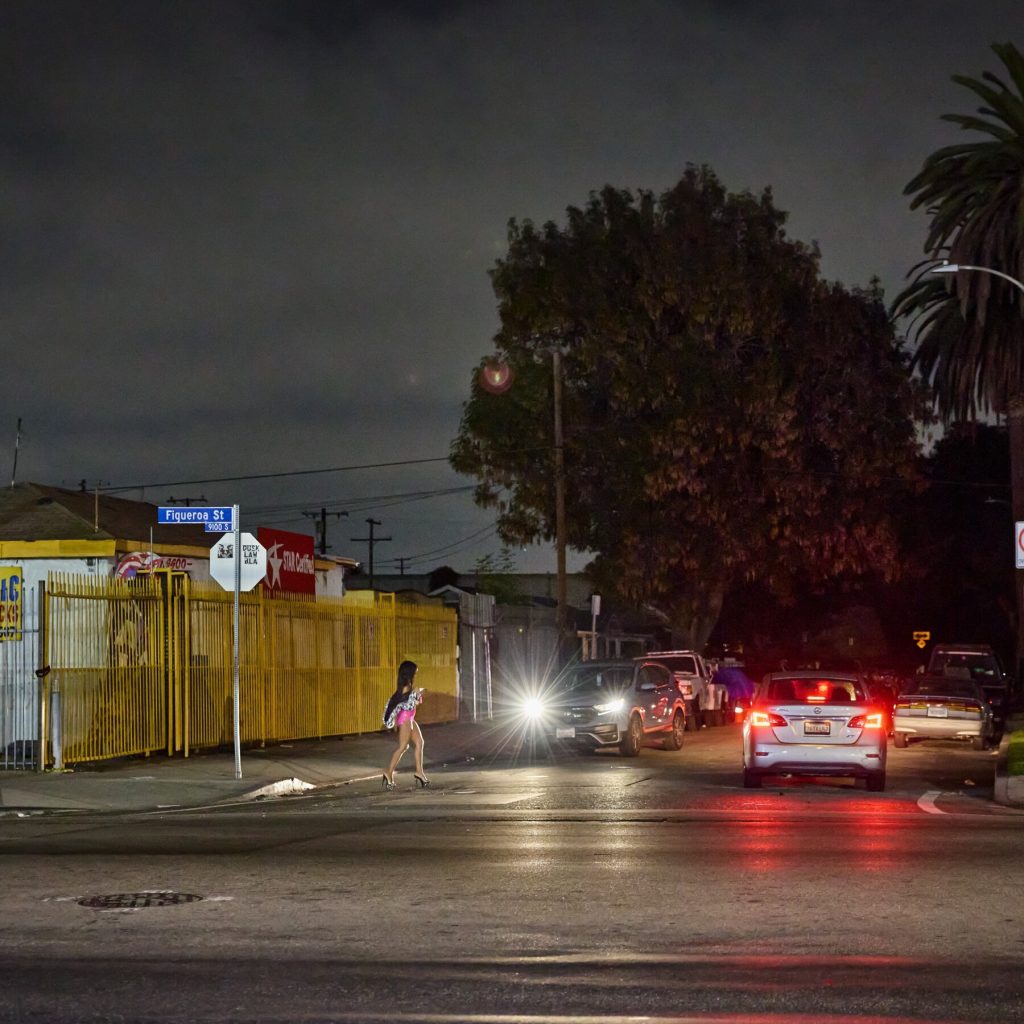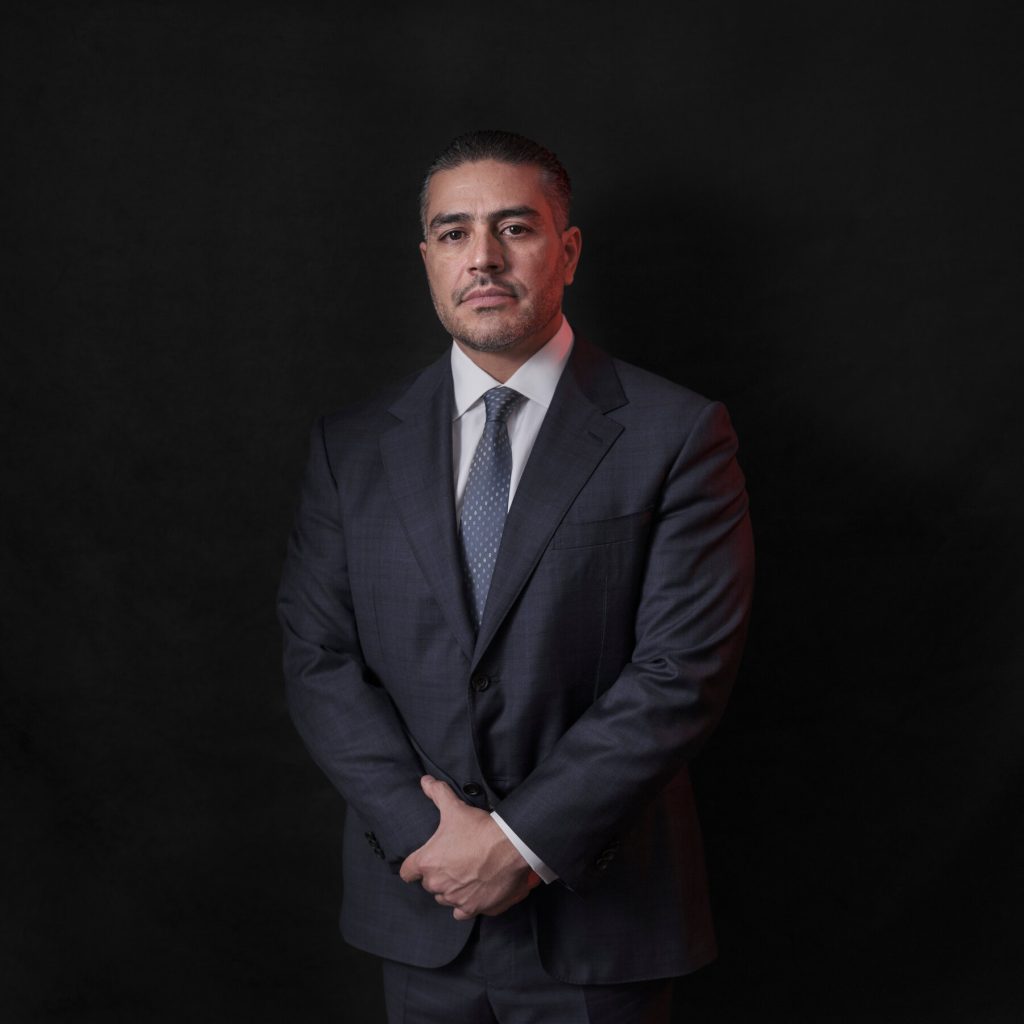Troubled Wind Developer Orsted to Cut 25% of Staff

Danish wind energy developer Orsted is set to lay off a quarter of its workforce as the company struggles to navigate a challenging global market. The decision comes as Orsted faces significant headwinds, including project delays, soaring costs, and fierce opposition from the Trump administration in the United States.
The company, which has been expanding rapidly in recent years, has announced plans to reduce its global workforce by 25%. The move is seen as a strategic retreat, with Orsted choosing to focus on its core European market. The layoffs are expected to affect employees across the company’s operations, with the majority being let go from its US business.
Orsted’s troubles in the US have been well-documented. The company’s plans to develop several large-scale wind farms have been repeatedly delayed, and it has faced significant opposition from the Trump administration, which has sought to block its projects on environmental grounds. The company’s CEO, Henrik Poulsen, has acknowledged that the US market has become increasingly difficult to navigate, citing regulatory uncertainty and trade tensions.
By refocusing on its European operations, Orsted aims to stabilize its business and regain momentum in a market where it has traditionally been a major player. The company has a strong track record of developing offshore wind farms in European waters and is currently working on several large-scale projects in the North Sea.
While the layoffs are a significant blow to the company, Orsted remains committed to its long-term strategy of transitioning to renewable energy. The company aims to play a major role in the global shift towards cleaner energy sources and is investing heavily in new technologies and projects.
The move is also seen as a reflection of the rapidly changing global energy landscape, where companies are having to adapt quickly to shifting market conditions and regulatory environments. As the energy sector continues to evolve, Orsted’s decision to refocus on its core European market may prove to be a shrewd move, allowing the company to regroup and recharge for future growth.





